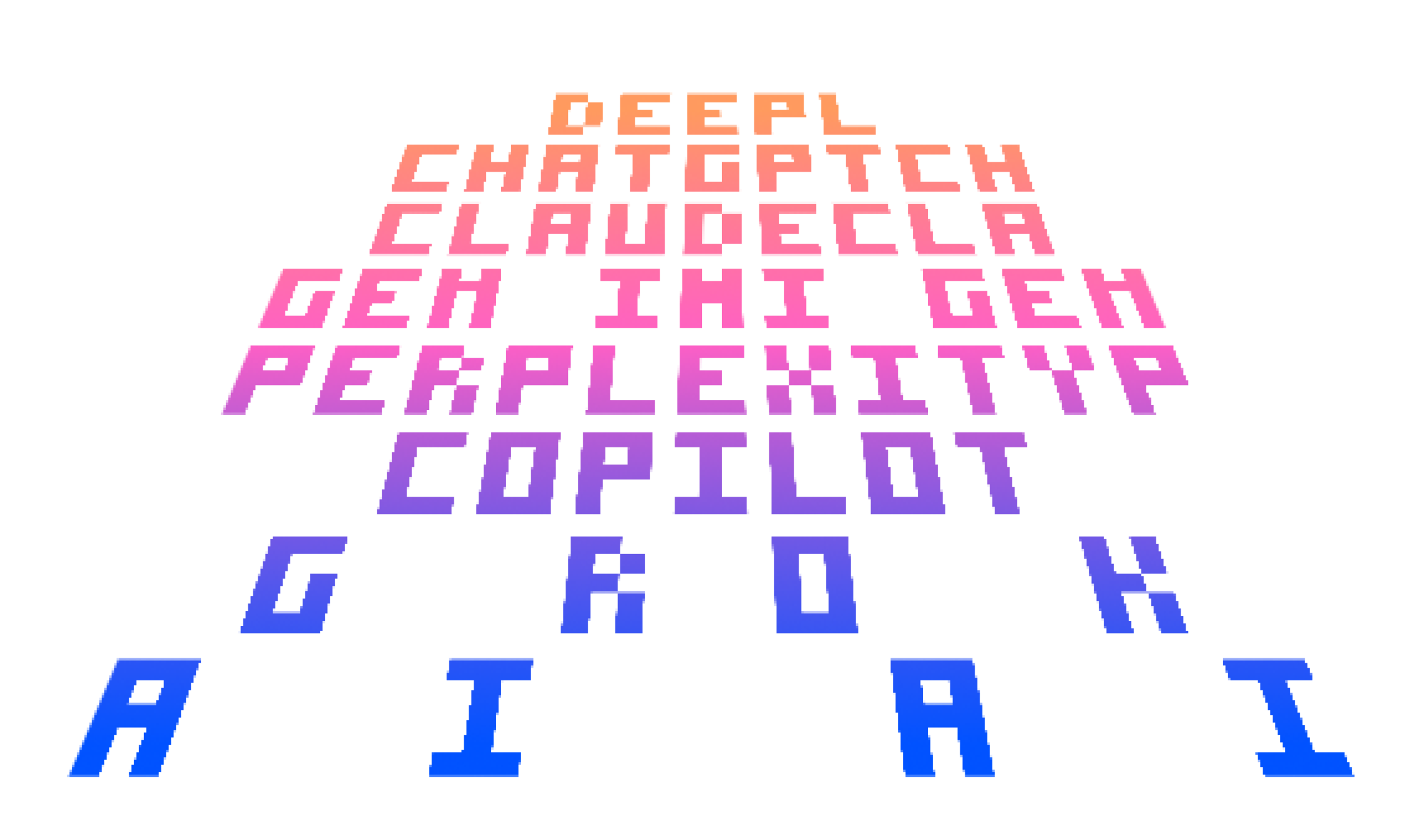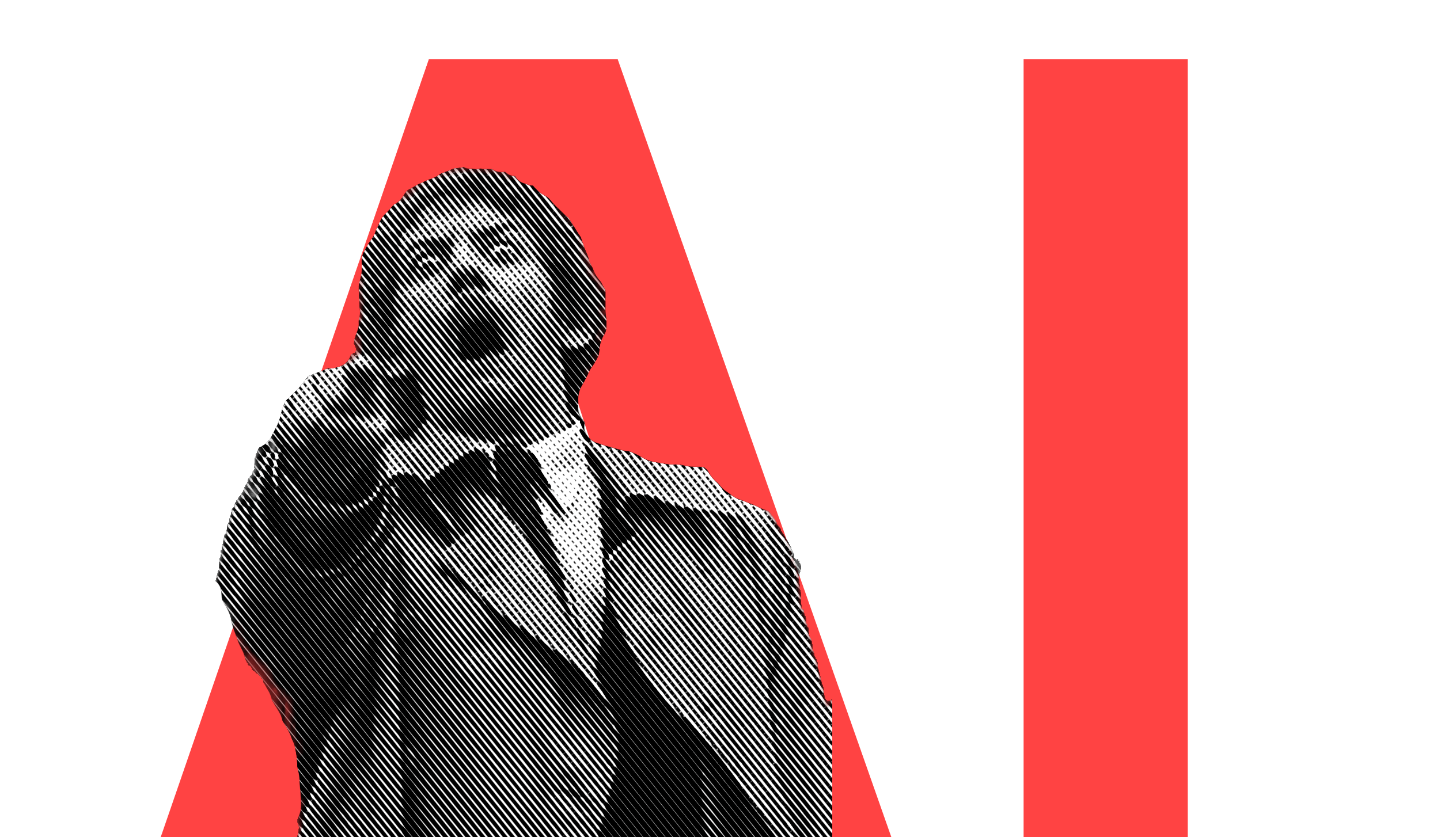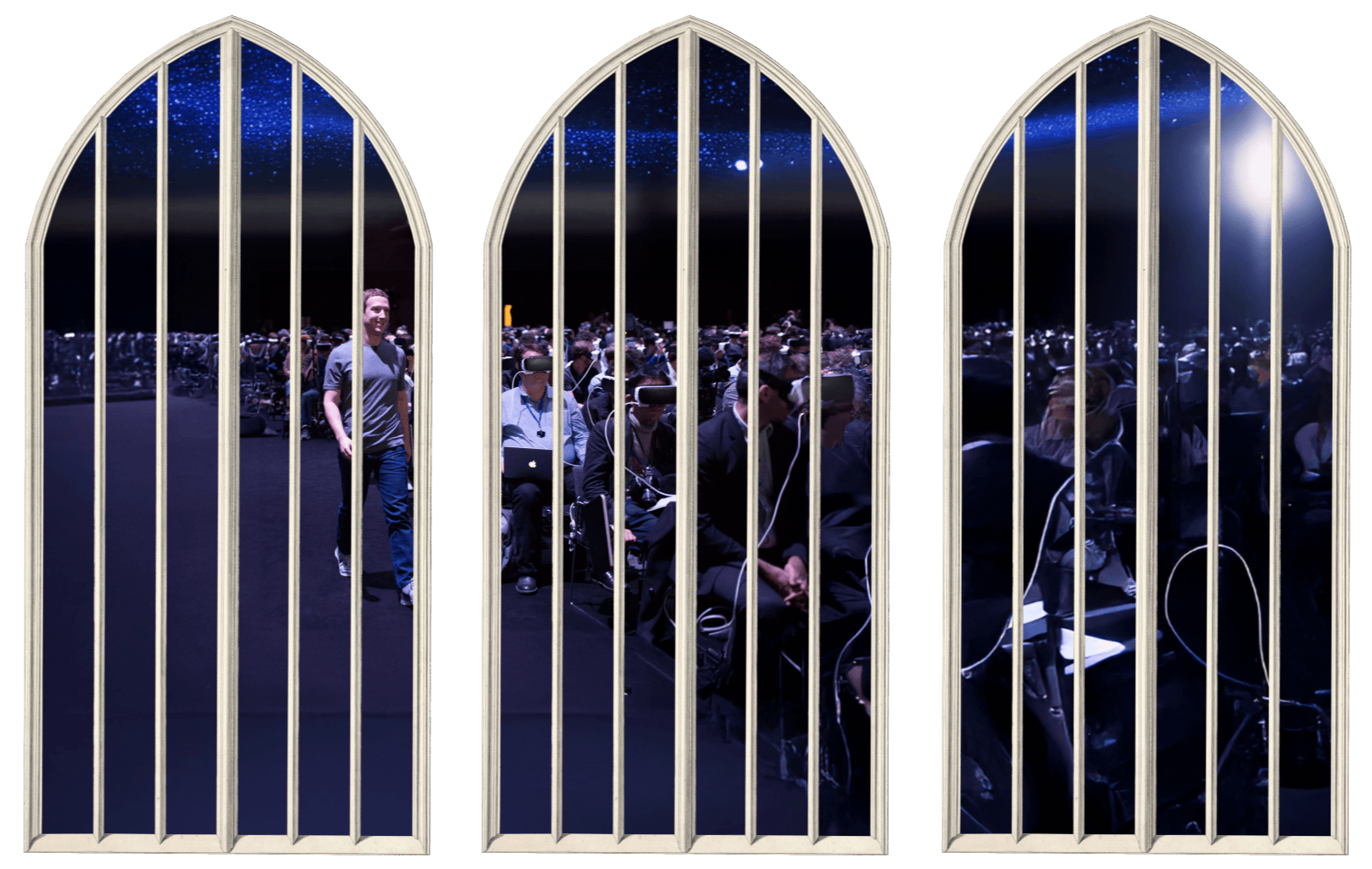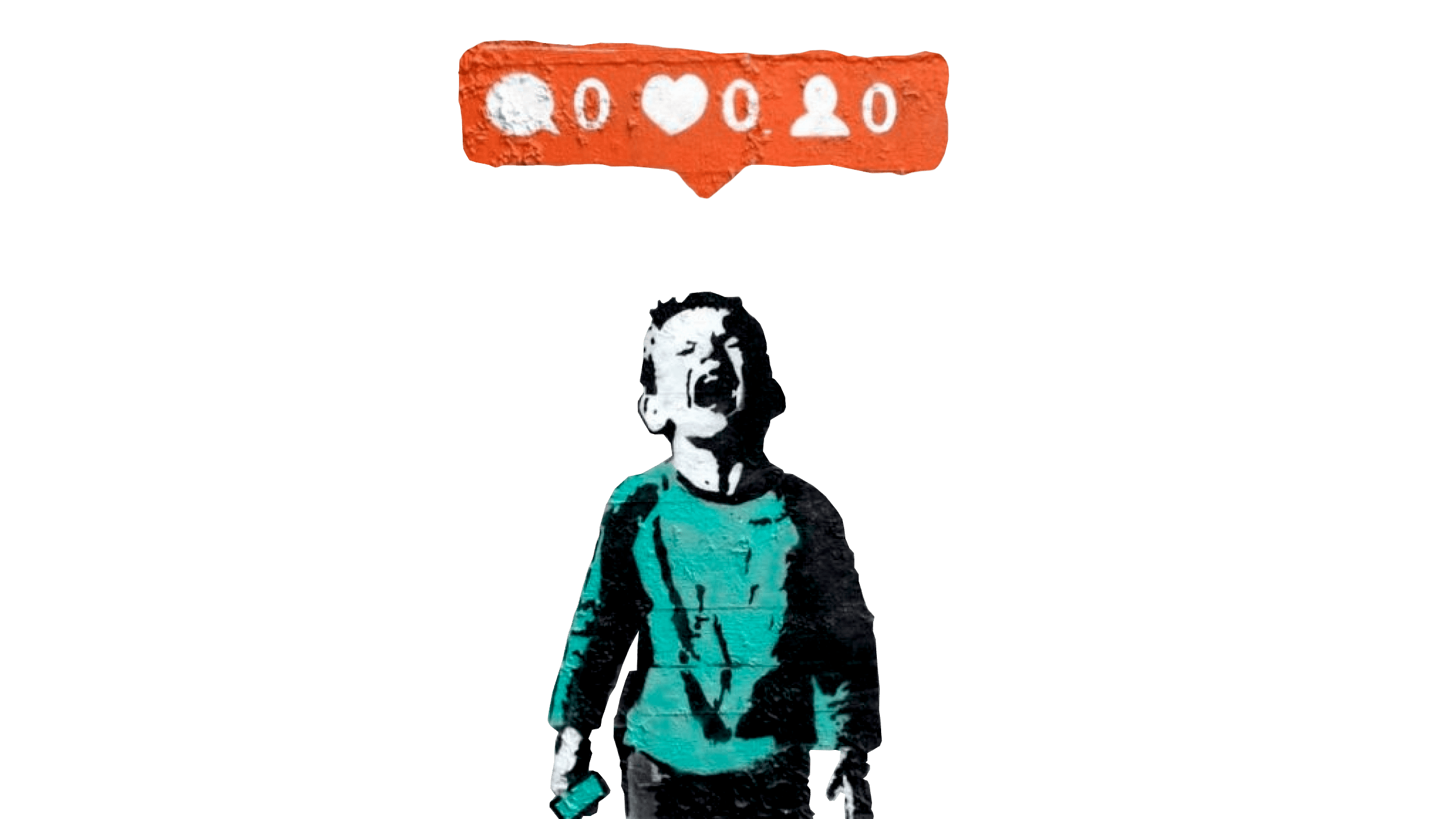In 2001, usability guru Jakob Nielsen—according to USA Today “the next best thing to a true time machine”—was convinced that by 2007 books would be gone and “fully replaced with online information”. Was he being serious?
Going through my archive, I found this article that I wrote back in 2001 for the Neue Zürcher Zeitung. We (my former company companion Moritz and me) had the chance to ask our biggest idol at the time, Mr. Jakob Nielsen, a couple of sharp questions.
Among others, we asked him how serious he was on his prognoses that by 2007 we’ll have no more paper, no more books, no more newspapers. The inspiration came from his amazing best seller Designing Web Usability and an article on Nielsen, published in USA today, where it said:
Prognoses are, of course, only as reliable as the person making them; and in the age of info overload, crystal-gazing is a growth industry. When it comes to the subject of the Web, however, the next best thing to a true time machine is Jakob Nielsen.
Here is an excerpt from the interview we held with him 5 years ago (back when iA’s name was “Sarx”):
iA: In Designing Web Usability you mention that: “We will have to wait until 2007 for books to go away and be fully replaced with online information.” How serious are you about your prediction?
J.N: I stand by this prediction, except that I would like to revise it slightly. I now believe that the year is more likely to be 2009 than 2007 since progress in high-quality displays is slower than I expected.
iA: Don’t you, Jacob Nielsen, enjoy papertext much more than screentext, the longer you read on screen?
J.N.: I completely agree that currently paper is better than screens for reading. Almost three years ago I described why I don’t believe in the simplistic “electronic books” that several companies were starting to sell at that time: Despite the extensive hype about these products in 1998, my analysis turned out to be true and they are almost all out of business now (or are not selling very well). I happen to believe that we can do better in the future with high-quality screens.
iA: Are you snubbing the sensuality of paper printed text, have you forgotten about the difference between hypertext and linear text?
J.N.: No. Those are all issues I have been discussing for some time. For example I wrote about them in 1990 in my book “Hypertext and Hypermedia” This book is now out of print, and unfortunately most of this discussion was left out of the second edition, published in 1995 (when commercial projects were more the focus of the book) under the title “Multimedia and Hypertext: The Internet and Beyond.
Of course that was an evil trap we set up for our youth idol there. Hypertext cannot compete against the printed text, as well as print cannot compete against hypertext, no matter how sharp.
We treated him like a fool, but… of course we were his biggest fans in Switzerland. We used to call him “The Elvis of the Internet”. The article closed with the following sentence: “For Christmas 2009 we’ll wish to get a handprinted copy of his cornerstone book.”
We should probably translate the whole text into English before 2009. But before that, to be fair, I’ll ask him, whether he still believes in his prophecy… For those who understand German, please enjoy.






